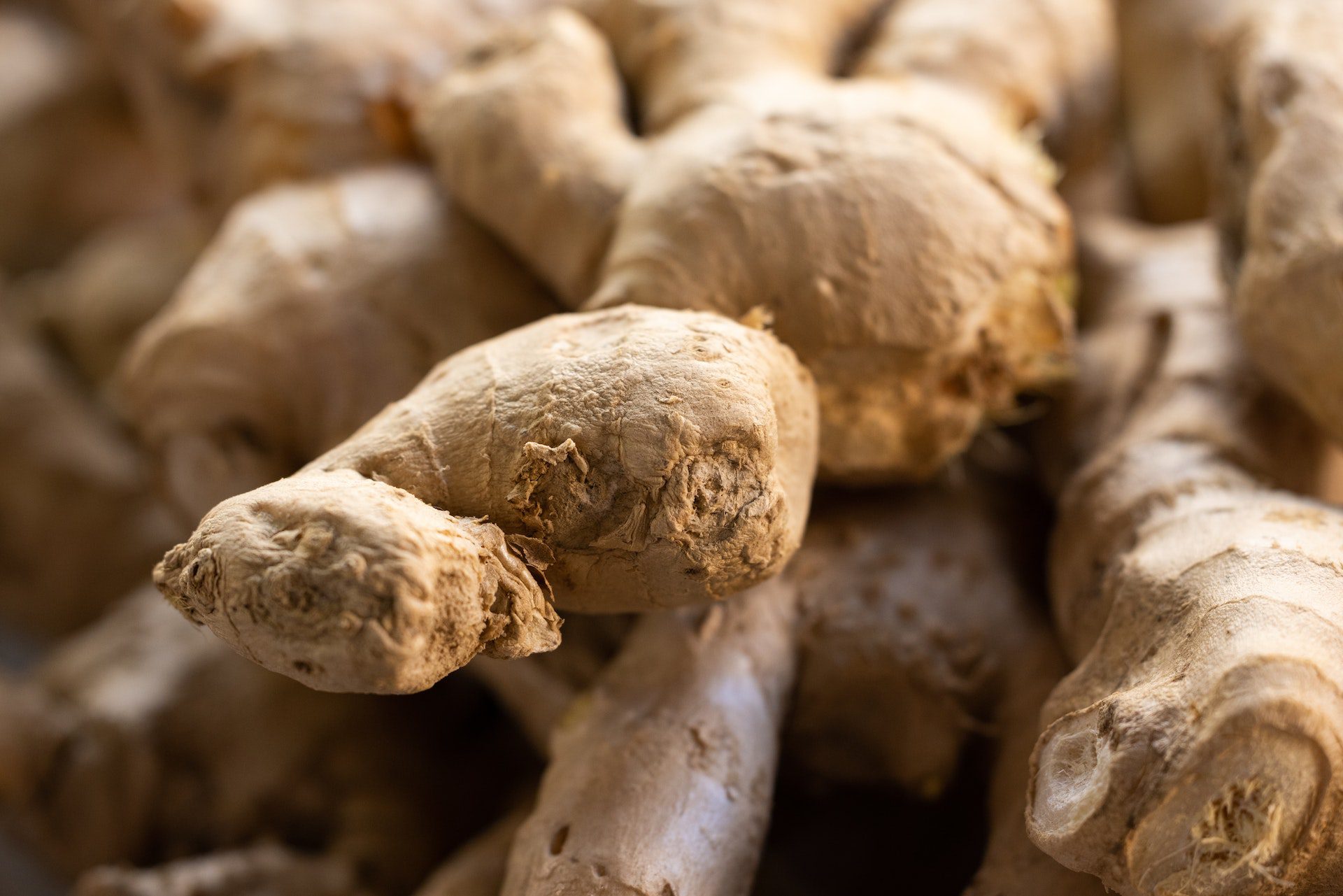For centuries, people have used certain spices to enhance the flavor of food. However, recent studies have shown that certain spices can do more than just make our meals taste better. In fact, many spices have significant health benefits that help improve our overall well-being. From reducing inflammation to aiding digestion, the benefits of certain spices are truly impressive.
Improving Digestion with Ginger
Ginger is an aromatic spice that has been used for centuries in traditional medicine, particularly in Asian cultures. It is not only a popular flavoring agent in cuisines worldwide, but it also has remarkable health benefits, especially for improving digestion. The primary bioactive components of ginger, such as gingerols, shogaols, and zingerone, have potent antioxidant and anti-inflammatory properties essential for maintaining optimal digestive health.
Several studies have shown that ginger is a potent natural remedy for various digestive ailments. Ginger relieves nausea and vomiting caused by motion sickness, morning sickness during pregnancy, and chemotherapy. Its antiemetic properties are attributed to the inhibition of the central nervous system’s vomiting center and the modulation of serotonin receptors in the digestive tract.
Moreover, ginger alleviates bloating, flatulence, and constipation by stimulating digestive enzyme secretion and gastric motility, which enhances nutrient absorption and waste elimination. Reputable companies such as Shop Spice World Inc Products offer this organic spice among many others.
Boosting Immunity with Garlic
Garlic has been used for centuries as a medicinal herb and culinary spice. It is a member of the allium family and closely related to onions, leeks, and shallots. Garlic is known for its strong flavor and pungent smell, which is due to the sulfur compounds it contains, such as allicin.
When it comes to boosting immunity, garlic is an effective natural remedy. It works by stimulating the production of white blood cells, which are the body’s primary defense against infections and diseases. These cells help to identify and destroy pathogens such as viruses, bacteria, and fungi.
Furthermore, garlic has been shown to have antibacterial and antiviral properties, which helps to prevent and treat infections such as the common cold and flu. Studies find that consuming garlic regularly can reduce the incidence and severity of these infections, as well as their duration.
Protecting Cells from Oxidative Damage with Shallots
Shallots, which belong to the allium family along with onions and garlic, are known for their potential health benefits. These vegetables are rich in antioxidants such as flavonoids and sulfur compounds, which help protect cells from oxidative damage. They are also a good source of vitamin C, which is essential for maintaining a healthy immune system.
In addition, shallots contain compounds with anti-inflammatory properties that help to reduce inflammation, a contributing factor to chronic diseases such as arthritis, diabetes, and heart disease. Studies suggest that the sulfur compounds in shallots may also have potential anti-cancer effects, inhibiting the growth of cancer cells and reducing the risk of certain types of cancer.
Lowering Blood Sugar with Cinnamon
Cinnamon is a popular spice that has been used for centuries in both culinary and medicinal practices. Its distinct aroma and taste make it a favorite in baked goods and desserts, but cinnamon is also known for its potential health benefits. One of its most significant benefits is its ability to lower blood sugar levels, making it a valuable natural remedy for people with diabetes or prediabetes.
Cinnamon contains compounds, such as cinnamaldehyde, that are believed to improve insulin sensitivity. Insulin is a hormone formed by the pancreas that helps maintain regular blood sugar levels. When insulin sensitivity is low, the body struggles to use insulin effectively, resulting in high blood sugar levels. Studies have shown that cinnamon can help improve insulin sensitivity, allowing the body to use insulin more efficiently and reduce blood sugar levels.
Reducing Inflammation with Turmeric
Turmeric is a spice that has been used for centuries in Indian and Middle Eastern cuisine. In addition to its delicious flavor and vibrant color, turmeric has also been revered for its numerous health benefits. A commonly known benefit of turmeric is its ability to lower inflammation in the body. Inflammation is a natural response occurring when the body is trying to protect itself from injury or infection. Nevertheless, when inflammation turns into a chronic occurrence, it causes several health problems, including arthritis, heart disease, and cancer.
The active compound in turmeric that is responsible for its anti-inflammatory properties is curcumin. Curcumin has long been touted for its ability to lessen inflammation in the body. It works by blocking the activity of certain enzymes and molecules that contribute to inflammation. This helps to prevent chronic inflammation that can lead to disease.
Improving Brain Function with Sage
Sage is a spice commonly used in Mediterranean cuisine. It has a strong, earthy flavor and is often used in dishes such as stuffing and roast meats. Sage has been shown to have cognitive benefits and can improve brain function. It contains compounds that help improve memory and concentration, as well as protect against age-related cognitive decline. Sage can also have anti-inflammatory properties, which helps protect the brain from damage.
Reducing Pain with Cloves
Many Indian and Middle Eastern cuisines include cloves in recipes. They have a strong, sweet flavor and are often used in dishes such as chai tea and spiced rice. Cloves have been shown to have pain-relieving properties and can help reduce pain and inflammation. They containcompounds that can help block pain signals in the body and reduce inflammation in the joints. Cloves have also been shown to have antibacterial and antifungal properties, which can help prevent and treat infections.
Spices are more than just a way to add flavor to our food. They can also have significant health benefits, ranging from reducing inflammation to improving brain function. By incorporating more spices into our diets, we can improve our overall well-being and reduce our risk of chronic diseases. Whether it’s adding turmeric to curry or cinnamon to oatmeal, there are many ways to incorporate these healthy spices into our meals and reap the benefits.



































